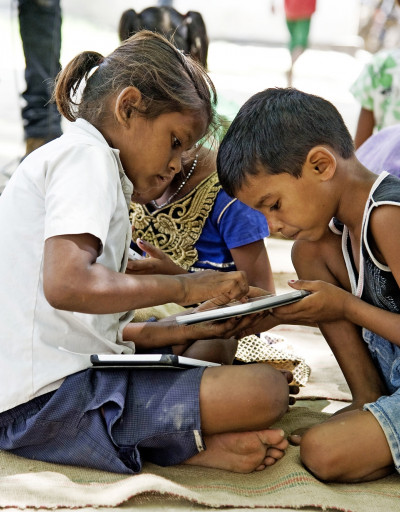
bodom/Shutterstock.com
Digital learning and transformation of education
Open digital learning opportunities for all
Digital technologies have evolved from stand-alone projects to networks of tools and programmes that connect people and things across the world, and help address personal and global challenges. Digital innovation has demonstrated powers to complement, enrich and transform education, and has the potential to speed up progress towards Sustainable Development Goal 4 (SDG 4) for education and transform modes of provision of universal access to learning. It can enhance the quality and relevance of learning, strengthen inclusion, and improve education administration and governance. In times of crises, distance learning can mitigate the effects of education disruption and school closures.
Digital competencies of teachers
Best practices
Guidelines for ICT in education policies and masterplans
2022
UNESCO

K-12 AI curricula: a mapping of government-endorsed AI curricula
2022
UNESCO
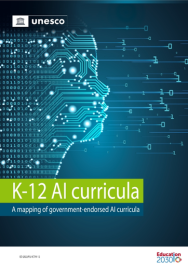
AI and education: guidance for policy-makers
2021
UNESCO
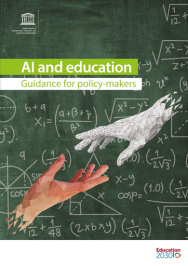
Guidelines on the development of open educational resources policies
2019
UNESCO
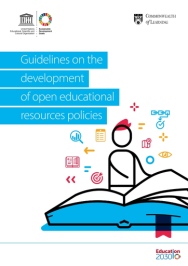
Ensuring effective distance learning during COVID-19 disruption: guidance for teachers
2020
UNESCO
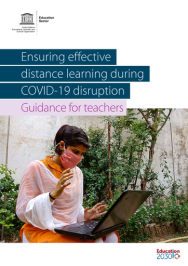
News
- Contact us at aied@unesco.org







